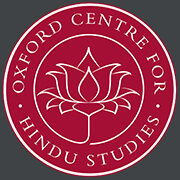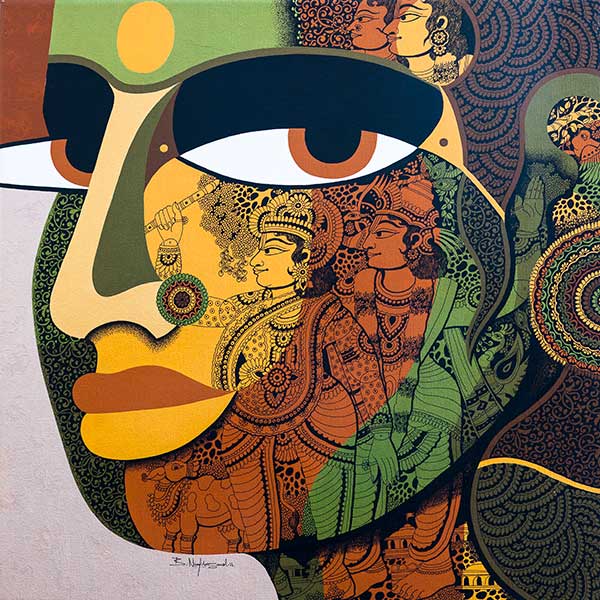Study Hindu Studies, Sanskrit, and Yoga Online
FAIR FEES
We cover our costs and the balance supports the growth of Hindu Studies
RISK FREE
No-questions-asked refund within the first seven days
FULLY INCLUSIVE
No extra materials required
+ Lifetime access
VIDEO
Both on demand & live (live sessions are also recorded for later viewing)
FORUMS
Communicate with your tutor and fellow students
COURSE NOTES
Specially written for your course
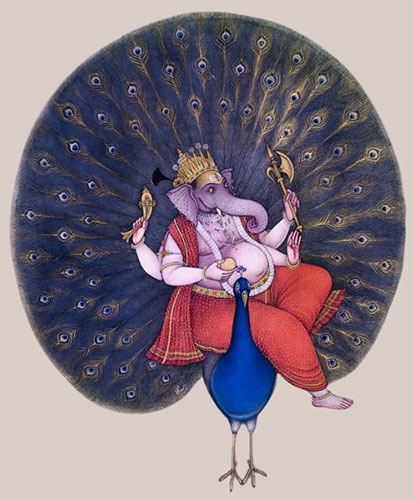
ADVANCED HINDU STUDIES
A year-long, expert-led journey guided by a leading Oxford scholar, offering deep, structured, and personalised engagement with Hindu traditions through critical study and original research.
Commences January 2026
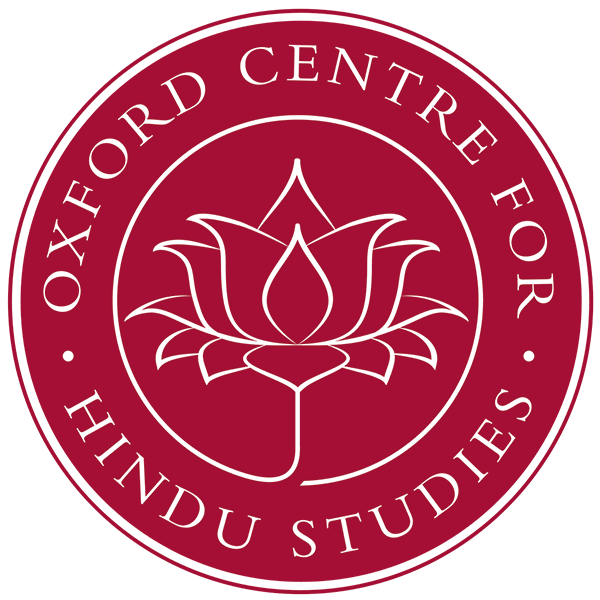
OCHS Online Courses
OCHS (Oxford Centre for Hindu Studies) Online Courses are the perfect introduction to Hinduism, Sanskrit, and Yoga Studies. Our course selection is extensive, varied, and immersive.
Whether you’re looking to discover something new or refresh your memory, our courses are accessible and provide the tools and resources you need to achieve your learning goals. All courses are led by specialists in their field so you can be sure to get the most out of your learning experience.
View our range of courses or if you’re looking for direction visit our learning pathways today to explore our vast range of courses and choose the right one for you.
The OCHS Continuing Education Department makes big ideas accessible and brings Oxford standards to your home.
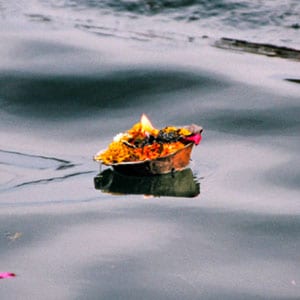
What Our Friends Say…
It’s like having Oxford in your pocket!
Fr Dennis Nichols
USA
